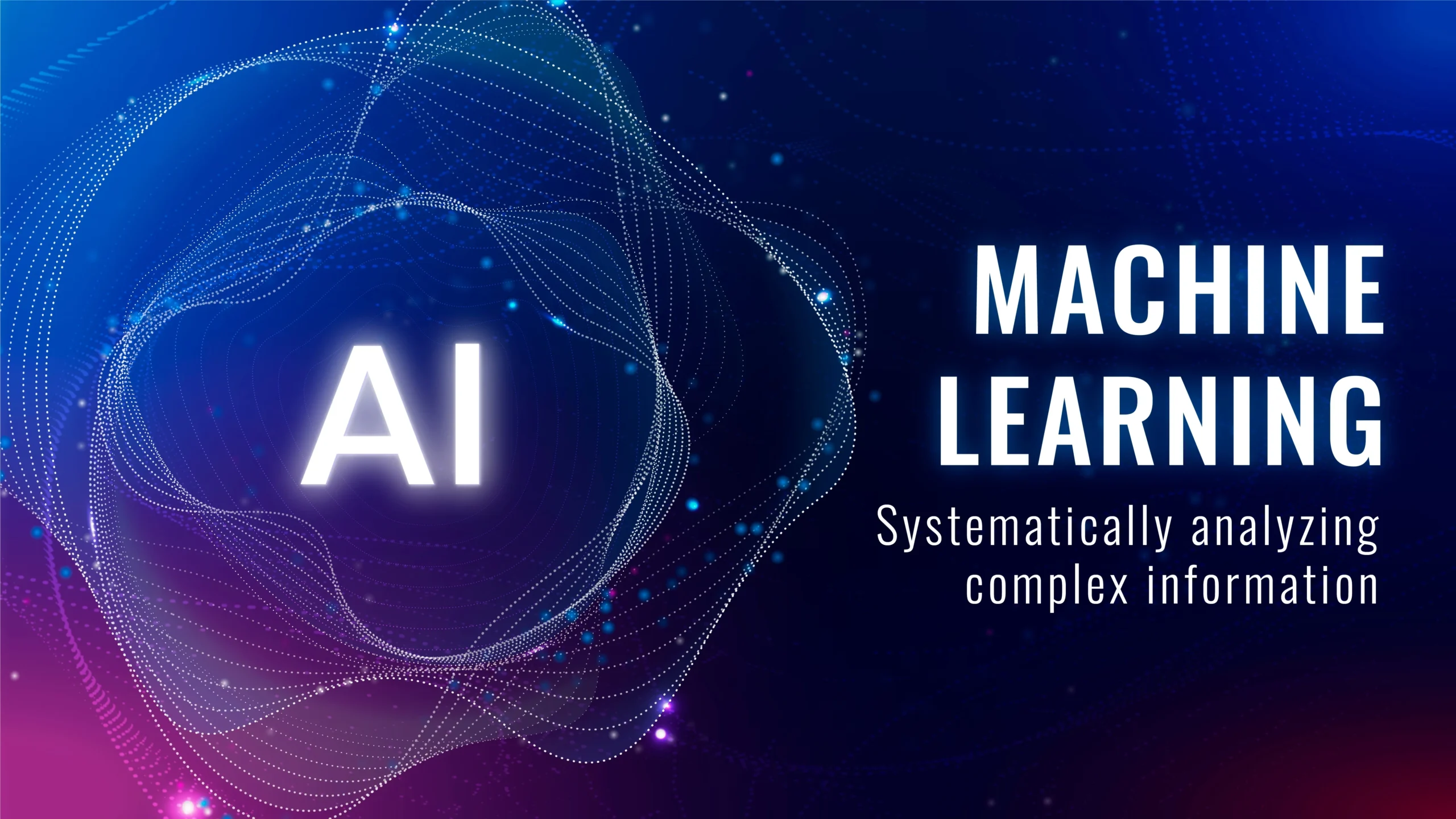New Era Technology Transition
ARTIFICIAL INTELLIGENCE
Training-ready skills in high-growth, high-demand careers such as cybersecurity, data analytics, digital marketing and e-commerce, IT support, project management, and many more.
You Will Learn How To
- Fundamental concepts: You'll gain a solid understanding of core AI concepts like intelligent agents, search algorithms, knowledge representation, machine learning, and more.
- Problem-solving skills: AI is all about solving problems intelligently. You'll learn how to formulate problems, choose appropriate algorithms, and evaluate solutions.
- Programming skills: Most AI courses involve programming, often in Python. You'll learn to implement AI algorithms and build intelligent systems.
- Mathematical foundations: Some AI topics, especially machine learning, require a good grasp of mathematics (linear algebra, probability, calculus).
- Critical thinking: You'll learn to critically evaluate AI systems, understand their limitations, and consider the ethical implications of AI.

Tips for success:
- Strong foundation in math and programming: Brush up on your math and programming skills before starting the course.
- Active learning: Engage in discussions, ask questions, and work through examples.
- Practice: The best way to learn AI is by doing. Work on projects and experiment with different algorithms.
- Stay up-to-date: AI is a rapidly evolving field. Keep learning about new techniques and applications.
Who should take this course?
- Computer science students: AI is a core area within computer science.
- Engineering students: AI is increasingly used in various engineering disciplines.
- Anyone interested in AI: Even if you don't have a technical background, you can find introductory AI courses that are accessible.
Career opportunities:
- AI Engineer/Developer: Develop and deploy AI models for various applications.
- Machine Learning Engineer: Focus on building and training machine learning models.
- Data Scientist: Analyze data and use AI techniques to extract insights.
- Natural Language Processing (NLP) Specialist: Work on AI systems that understand and generate human language.
- Computer Vision Engineer: Develop AI systems that can "see" and interpret images and videos.
- AI Research Scientist: Conduct research to advance the field of AI.
Module Title: Introduction to Artificial Intelligence
Course Description: This course provides a broad introduction to the field of Artificial Intelligence (AI). Students will explore the fundamental concepts, algorithms, and techniques behind intelligent systems. The course covers problem-solving, knowledge representation, reasoning, learning, and perception. Students will also gain practical experience through programming assignments and projects.
Course Objectives: Upon successful completion of this course, students will be able to:
- Understand the history and foundations of AI.
- Implement basic search algorithms and problem-solving strategies.
- Represent knowledge and reason using logical and probabilistic methods.
- Apply machine learning techniques to build intelligent systems.
- Understand the basics of natural language processing and computer vision.
- Evaluate the ethical and societal implications of AI.
Module 1: Introduction to AI (Weeks 1-2)
- What is AI? Definitions, history, and applications.
- Intelligent agents and their environments.
- Problem formulation and state space representation.
- Search algorithms: Uninformed search (BFS, DFS, etc.).
- Heuristic search: A*, Greedy search, Hill climbing.
- Constraint satisfaction problems (CSPs).
Module 2: Knowledge Representation and Reasoning (Weeks 3-5)
- Propositional logic and first-order logic.
- Inference rules and logical reasoning.
- Semantic networks and frames.
- Ontologies and knowledge engineering.
- Uncertainty and probabilistic reasoning: Bayesian networks.
- Reasoning under uncertainty: Hidden Markov Models (HMMs).
Module 3: Machine Learning (Weeks 6-9)
- Introduction to machine learning: Supervised, unsupervised, and reinforcement learning.
- Linear regression and classification.
- Decision trees and support vector machines (SVMs).
- Neural networks: Perceptrons, backpropagation, deep learning basics.
- Clustering algorithms: k-means, hierarchical clustering.
- Model selection and evaluation.
Module 4: Natural Language Processing (NLP) (Weeks 10-11)
- Text representation: Bag-of-words, TF-IDF.
- Part-of-speech tagging and parsing.
- Named entity recognition.
- Sentiment analysis.
- Introduction to language models.
Module 5: Computer Vision (Weeks 12-13)
- Image representation and feature extraction.
- Object detection and recognition.
- Image segmentation.
- Introduction to convolutional neural networks (CNNs).
Module 6: Advanced Topics and Applications (Week 14)
- Reinforcement learning in more detail.
- Robotics and AI.
- Ethical considerations in AI.
- Current trends and future directions in AI.
Final - Assessment:
- Homework assignments (programming and theoretical).
- Midterm exam.
- Final project (involving the development of an AI application).
- Class participation.
Recommended Textbooks:
- Artificial Intelligence: A Modern Approach by Stuart Russell and Peter Norvig
- Hands-On Machine Learning with Scikit-Learn, Keras & TensorFlow by Aurélien Géron
Software/Tools:
- Python programming language
- Libraries: NumPy, Pandas, Scikit-learn, TensorFlow/PyTorch, NLTK, OpenCV
This course provides a comprehensive introduction to the field of Artificial Intelligence (AI), exploring the fundamental concepts, algorithms, and techniques that underpin intelligent systems.
Students will delve into core areas such as problem-solving through search and constraint satisfaction, knowledge representation and reasoning using logical and probabilistic methods, and the principles of machine learning, encompassing supervised, unsupervised, and reinforcement learning paradigms.
The course also touches upon specialized domains like natural language processing for understanding and generating human language, and computer vision for enabling machines to “see” and interpret images. Through a combination of theoretical learning and practical application, students will gain hands-on experience implementing AI algorithms, building intelligent systems, and critically evaluating the ethical and societal implications of this transformative technology.
This course prepares students for further study in AI and equips them with the skills to address real-world problems using intelligent solutions.
